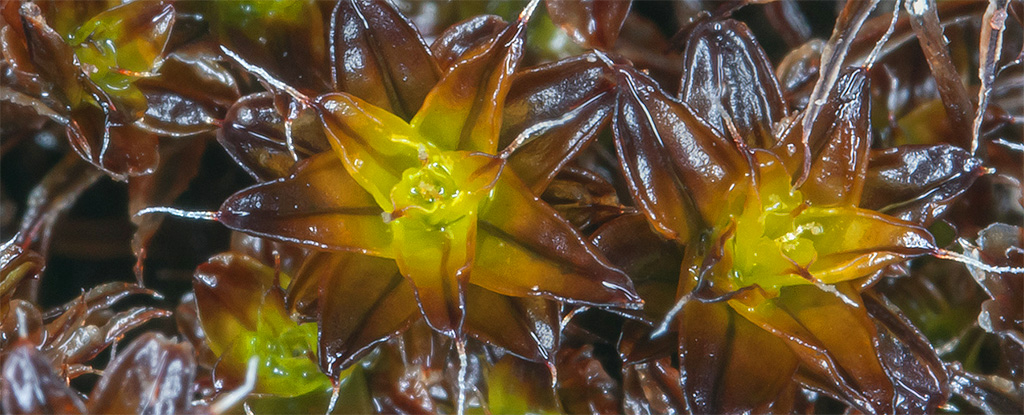
Mosses are among Earth's great terraformers, turning barren rock into fertile soils, and now a team of scientists is proposing these non-vascular plants could do the same on Mars.
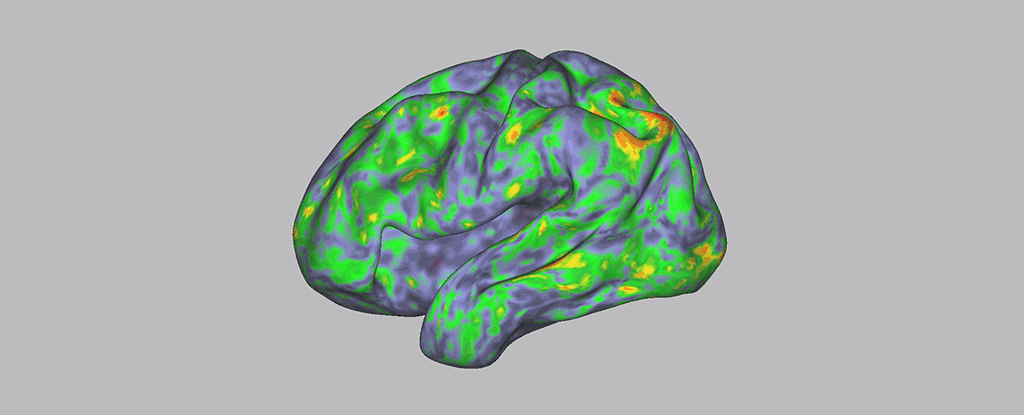
Once maligned for their psychedelic properties, magic mushrooms are increasingly attracting attention for their same mind-altering potential as a therapy for a wide variety of mental health issues.
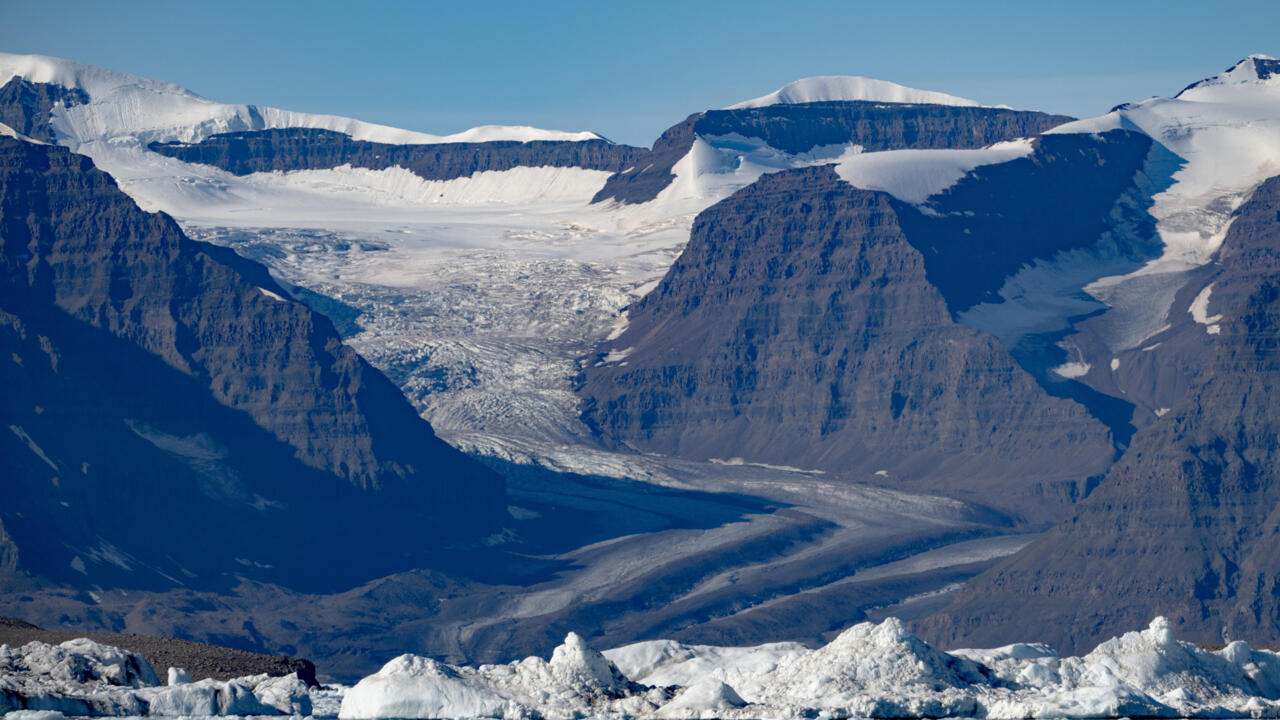
A new study says that the melting of the polar ice caps is causing our planet to spin more slowly. As the Earth turns more slowly, the length of day increases, intensifying the effects of a warming climate.
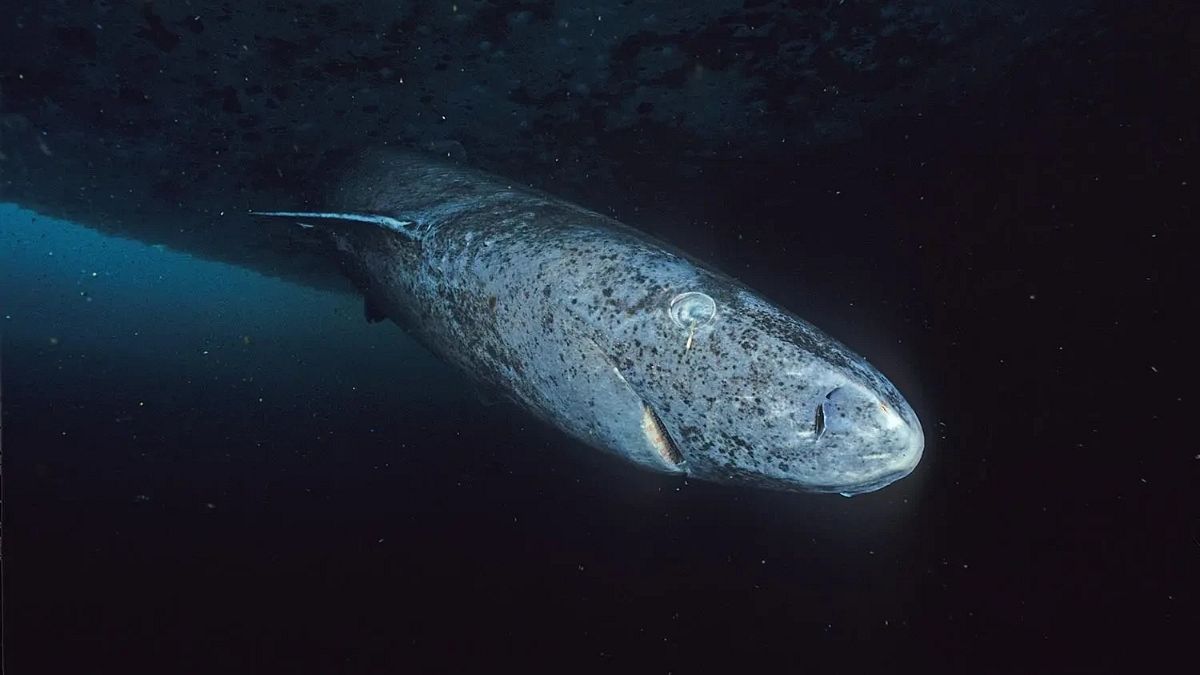
Previously, it was thought that this long lifespan was due to the shark’s cold environment and minimal movement. Now, it’s been discovered that the factors behind this species extreme longevity appear to be far more complex.
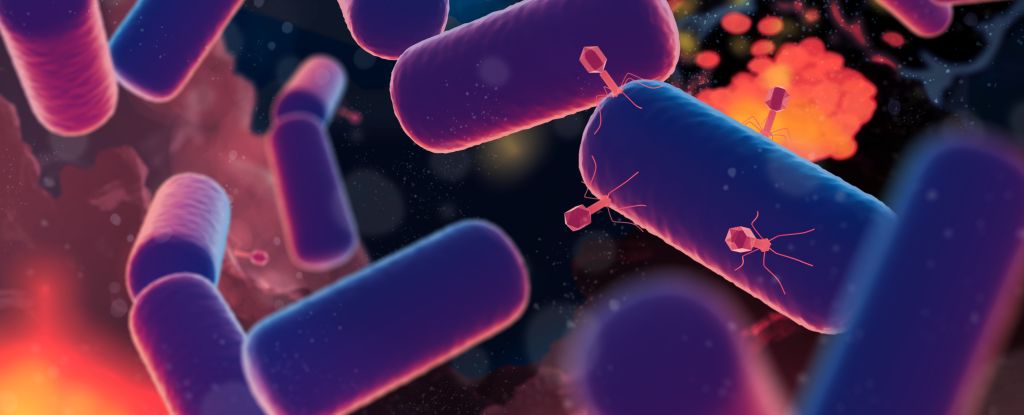
A new study has found that life on Earth emerged surprisingly early. Scientists have determined that the last universal common ancestor (LUCA), the first organism that spawned all the life that exists today on Earth, emerged as early as 4.2 billion years ago.
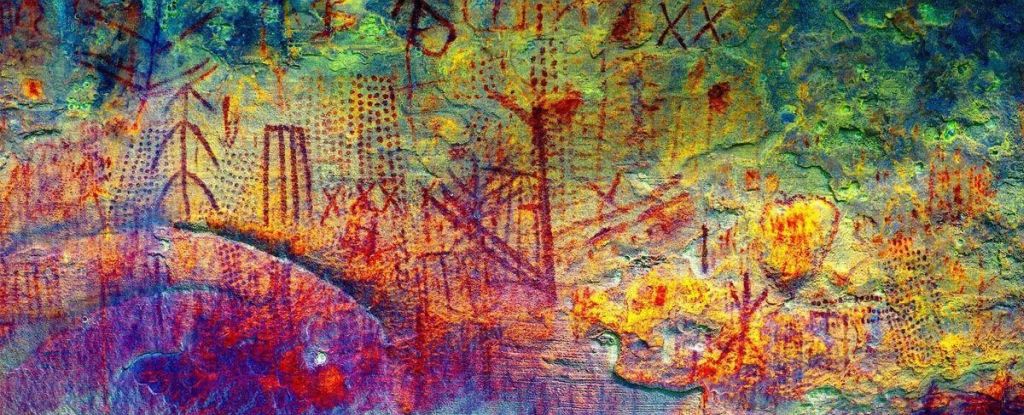
Hidden deep in southern Venezuela, archaeologists have uncovered glyphs, pictograms, and other symbols, left behind thousands of years ago, at around 20 different sites, carved and painted in caves and on boulders.
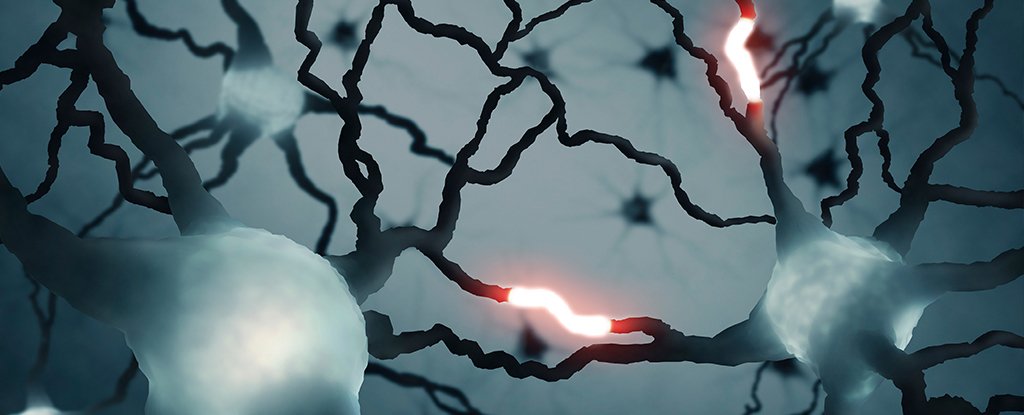
Scientists have identified a unique form of cell messaging occurring in the human brain, revealing just how much we still have to learn about its mysterious inner workings.
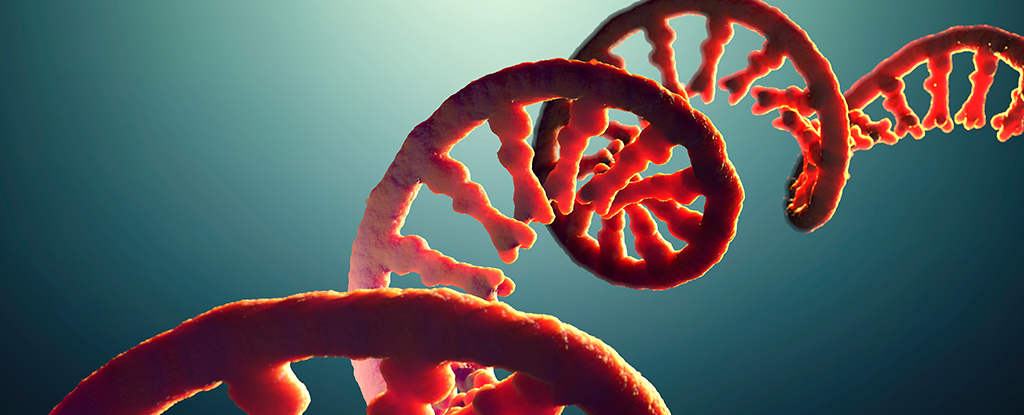
A comparison of post-mortem brain tissue and samples taken from living patients has revealed for the first time significant differences in the way strands of RNA are modified.
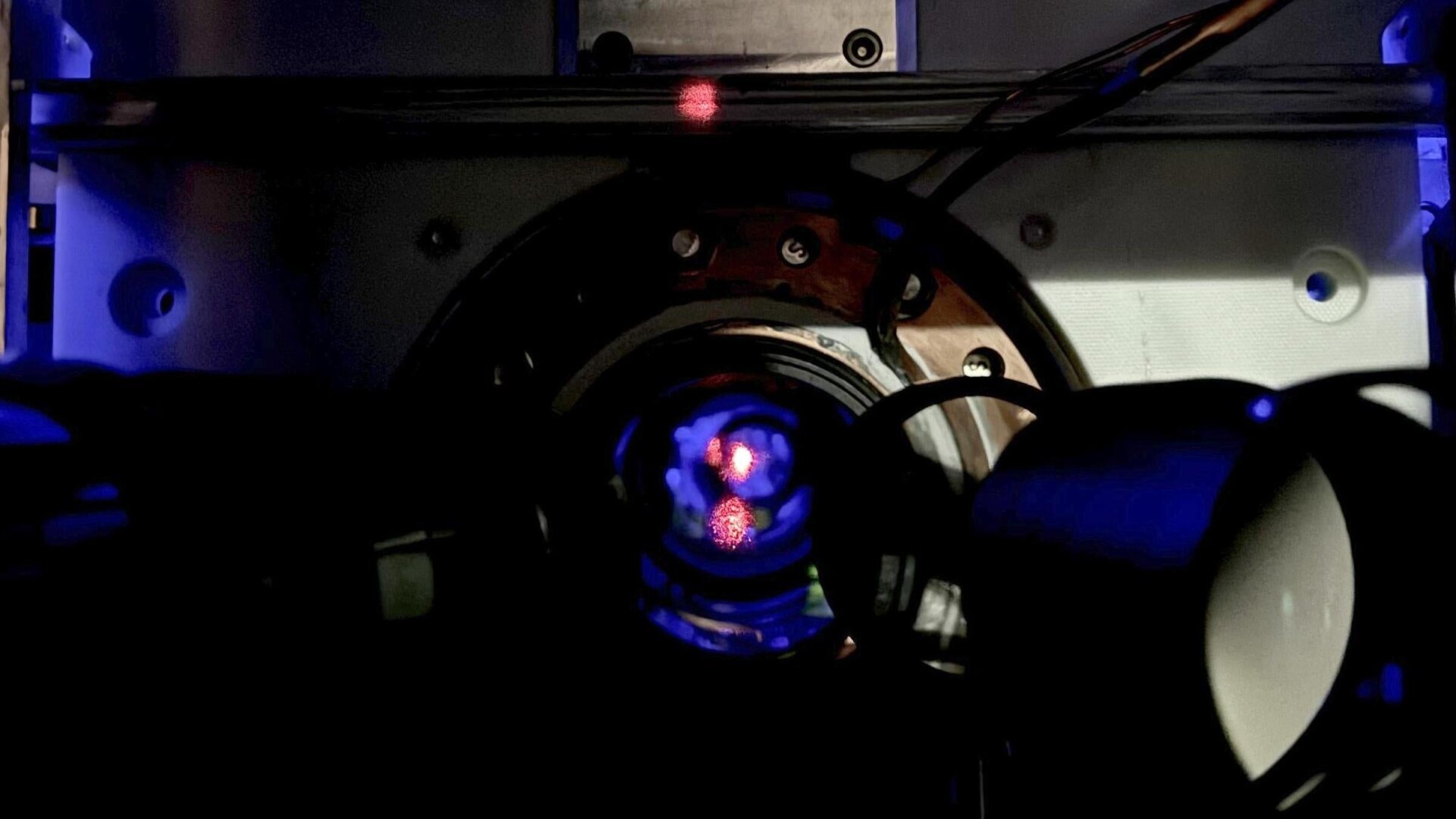
The device, which traps thousands of atoms to keep time, is "pushing the boundaries of what's possible with timekeeping."

NASA's Global-scale Observations of the Limb and Disk (GOLD) mission has revealed unexpected C- and X-shaped formations in an electrified layer of gas high above our heads called the ionosphere.

Researchers found that time cells in the brain are crucial for learning complex tasks, acting like a personalized time code.
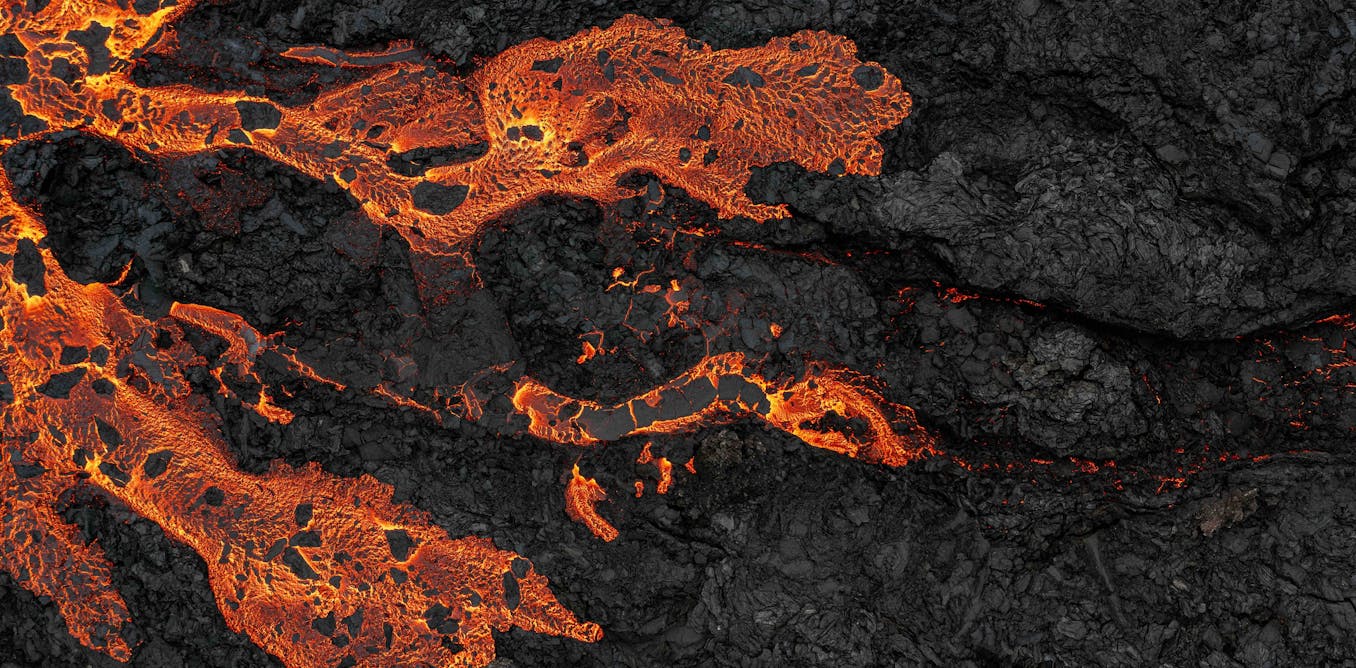
Our planet was born around 4.5 billion years ago. To understand this mind-bendingly long history, we need to study rocks and the minerals they are made of. In a new study, evidence of rocks of a similar age were found in Australia.

A new model of quantum interactions now suggests some of the lightest particles in the Universe might play a critical role in how at least some heavy elements form.
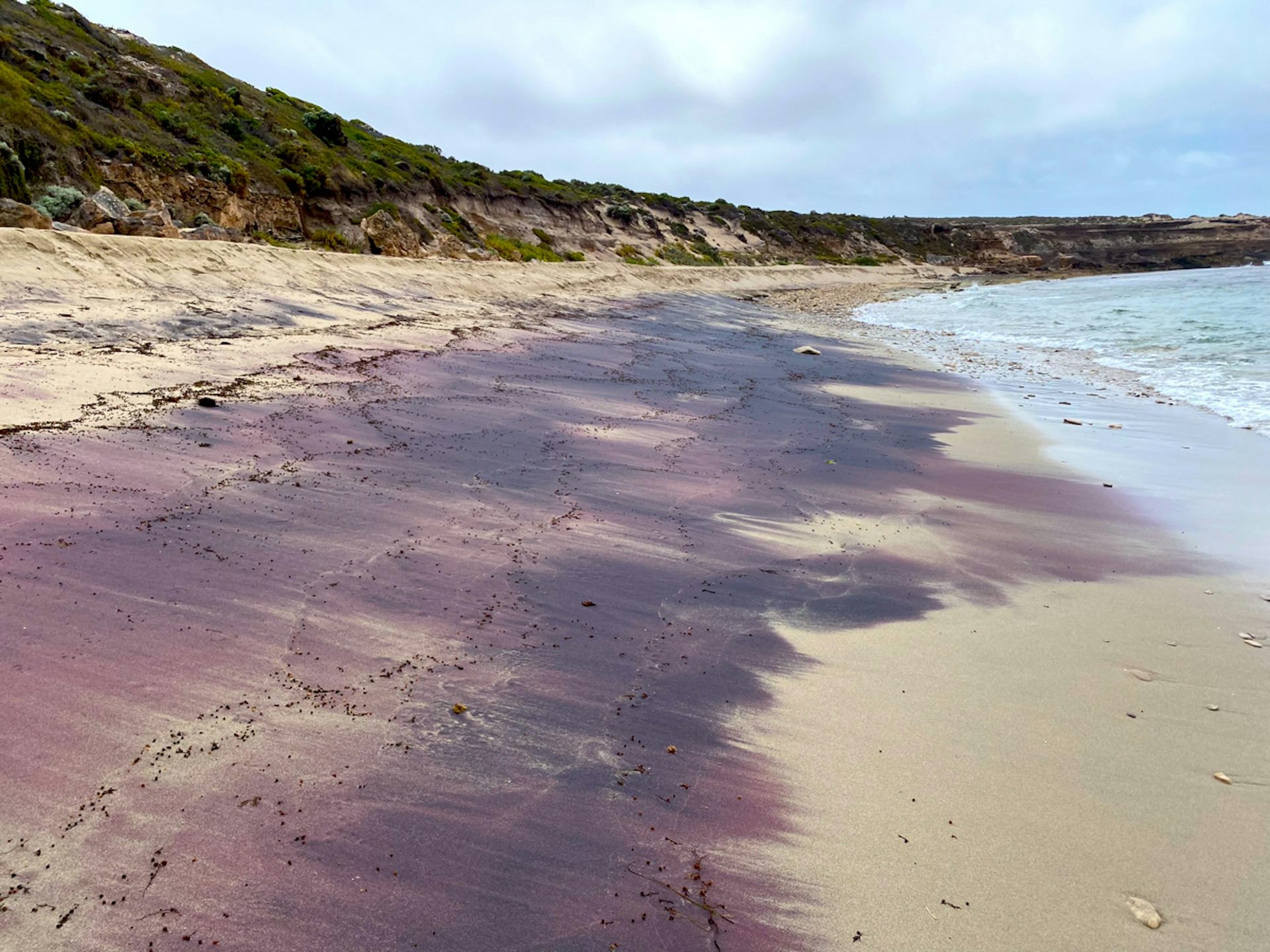
The hunt for the origin of garnet crystals found on South Australian beaches took researchers thousands of kilometres and half a billion years back in time to a hidden Antarctic mountain range.
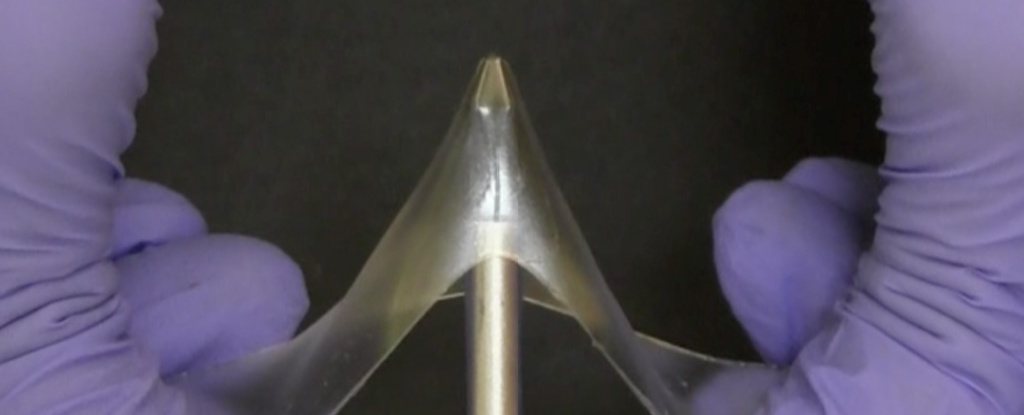
In a serendipitous discovery, researchers have created a new class of materials called 'glassy gels' that are half liquid but hard to break.